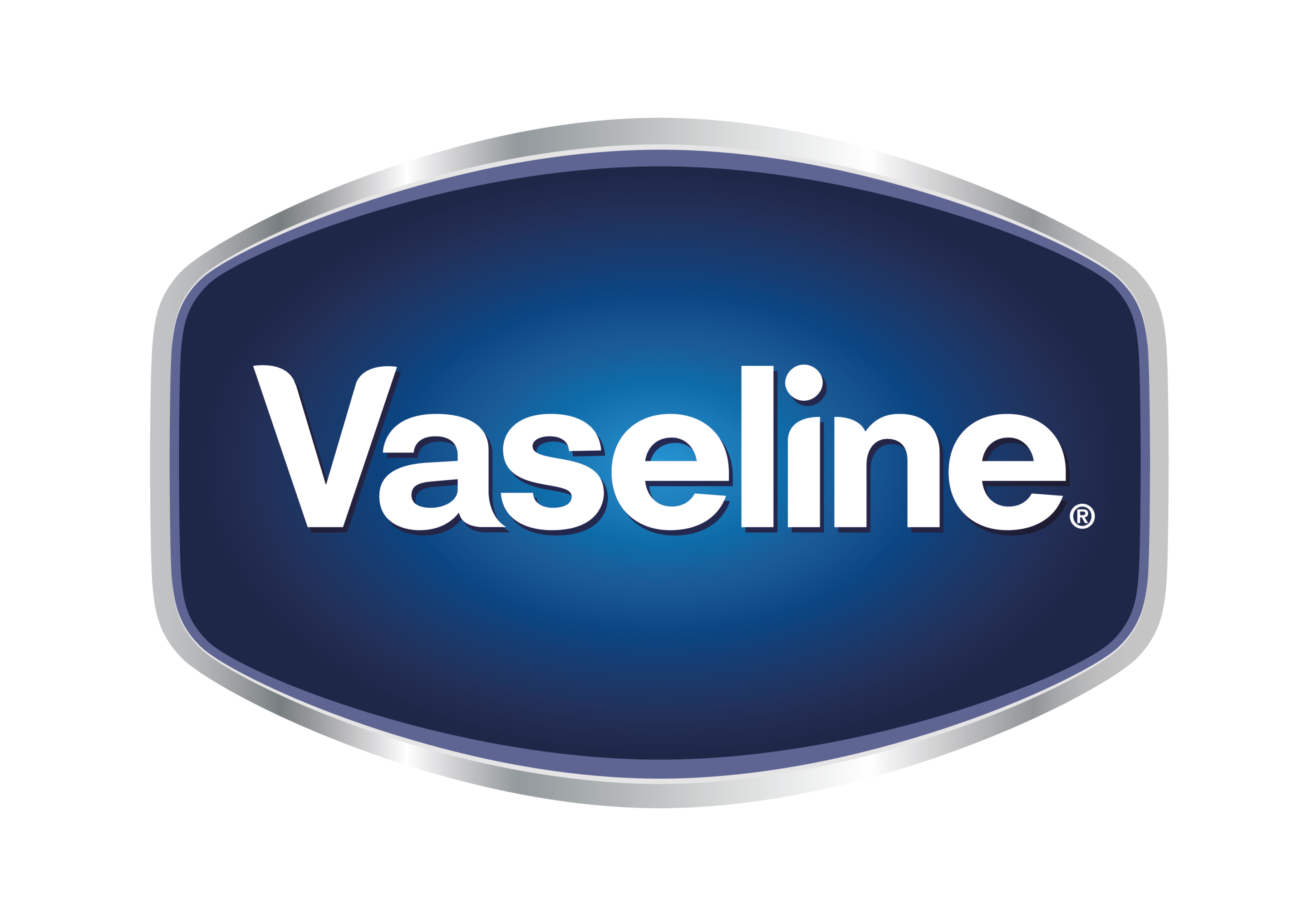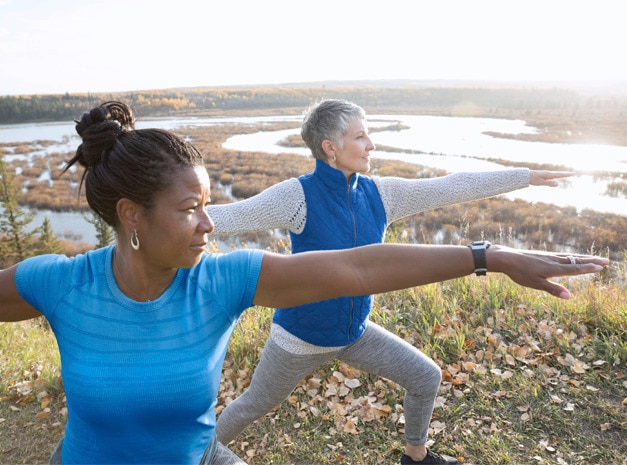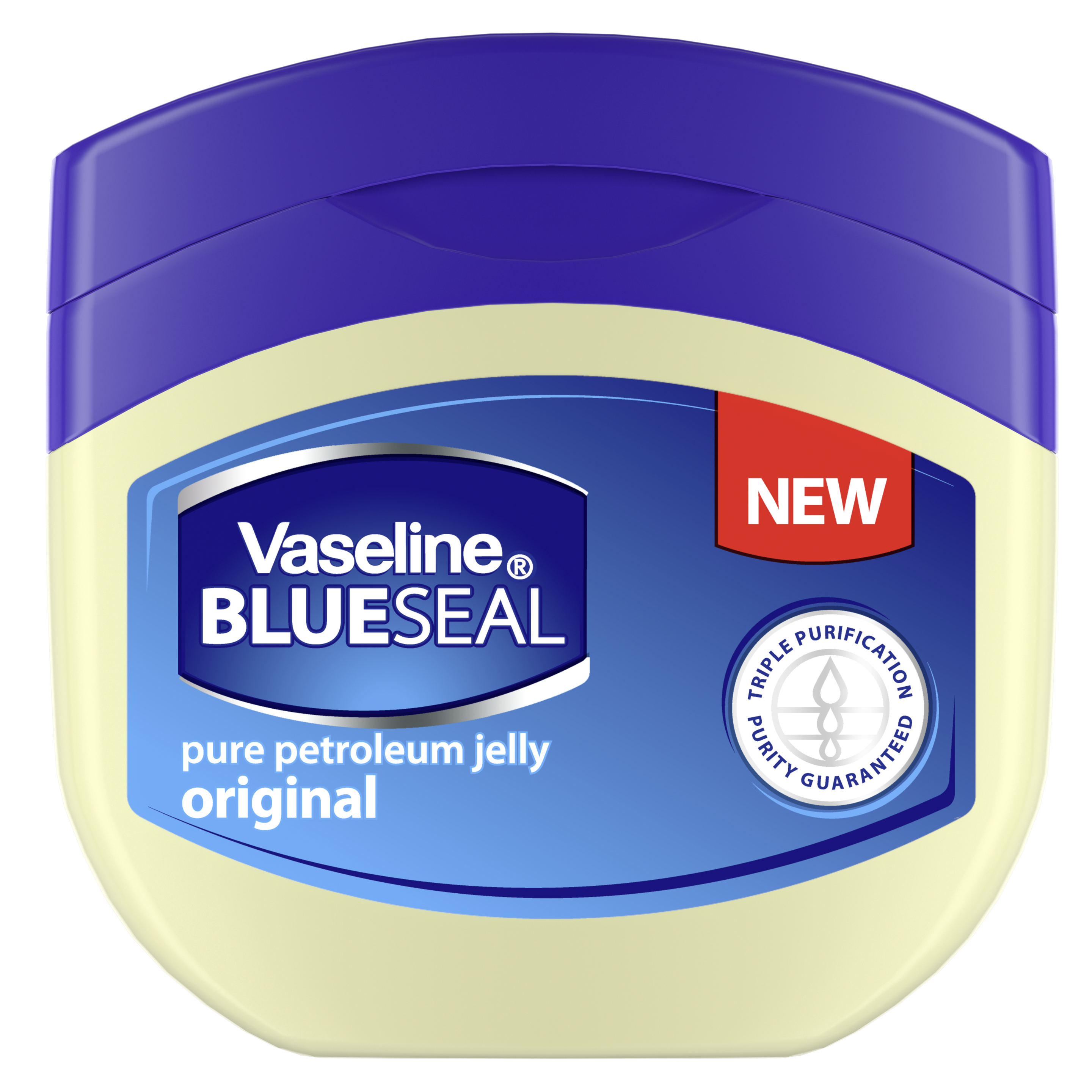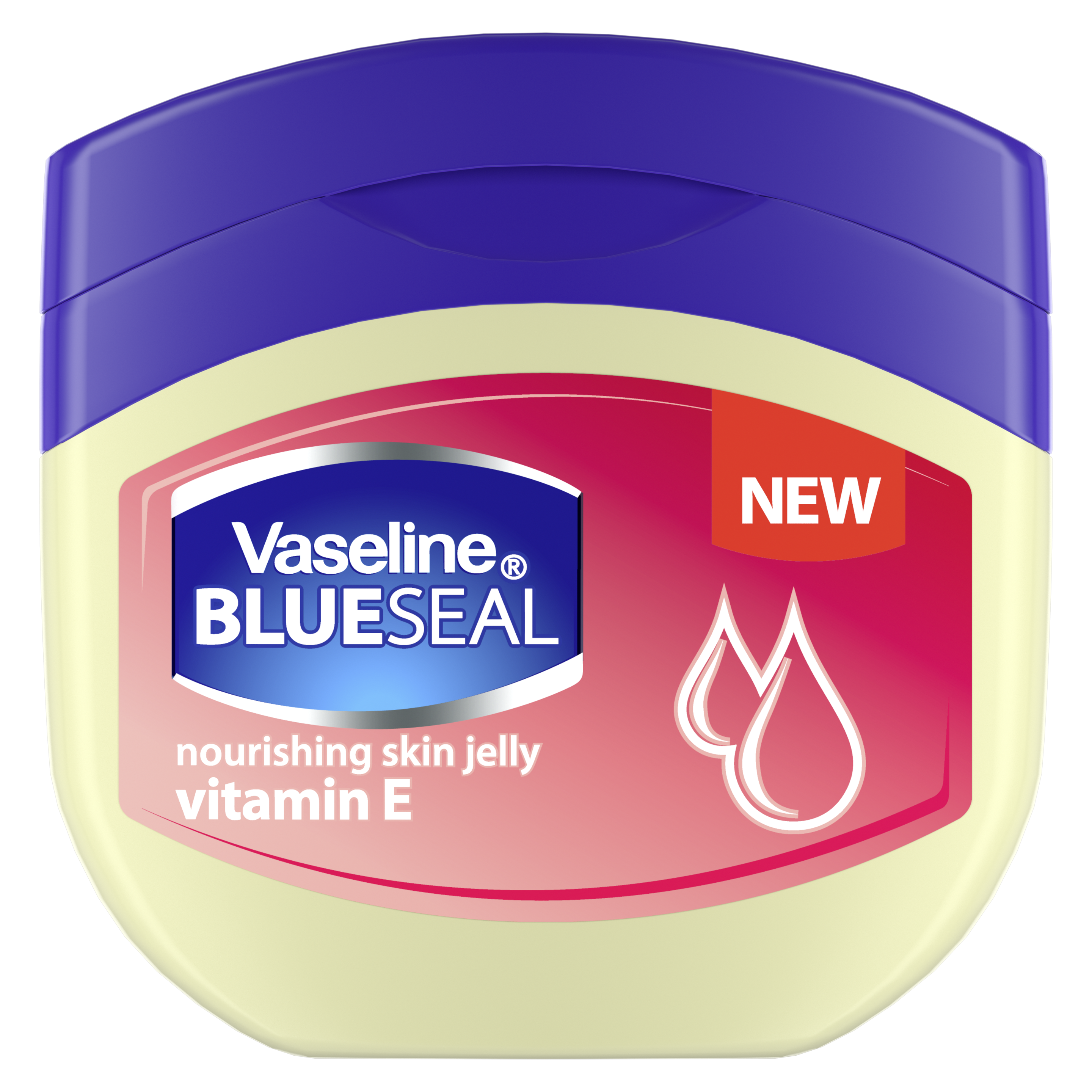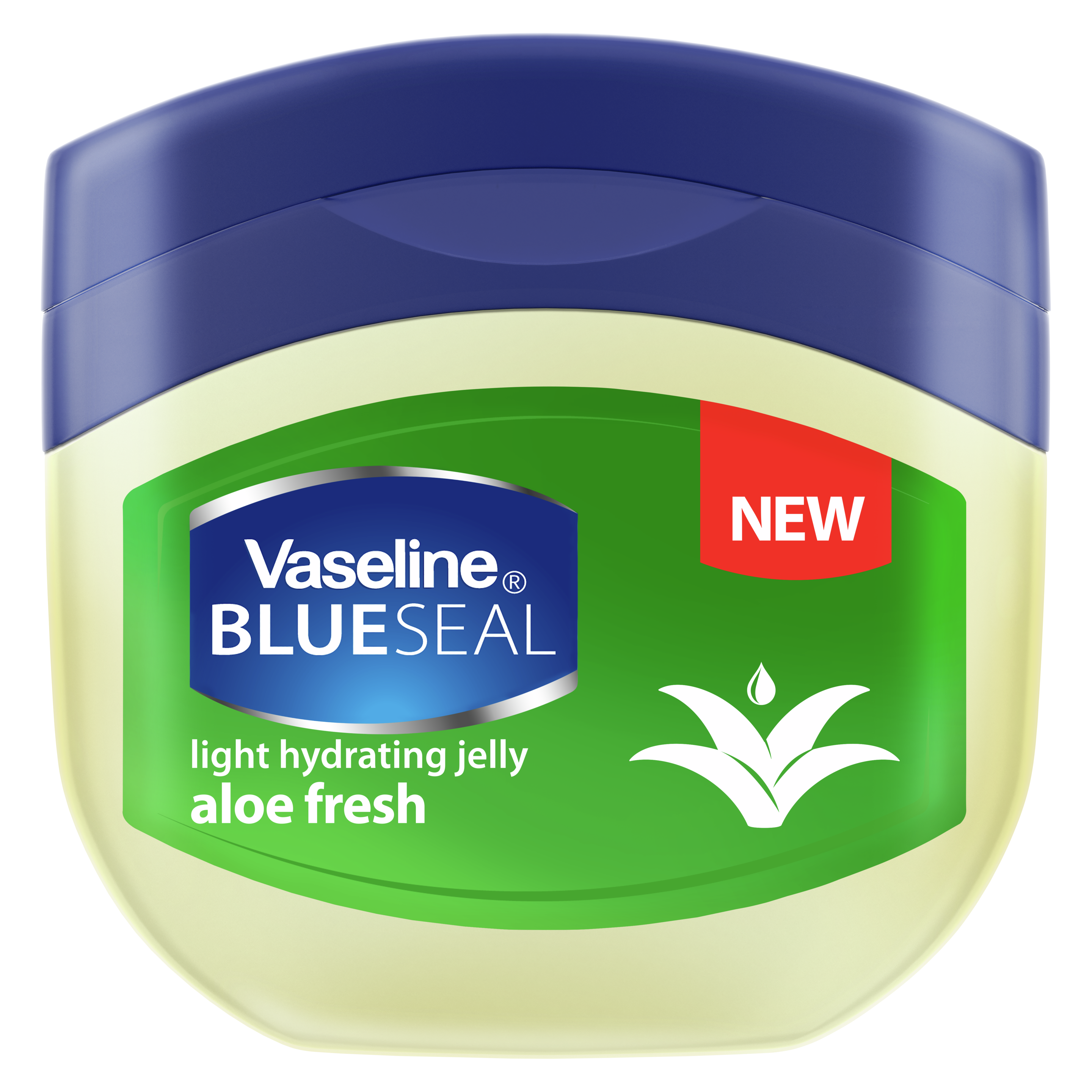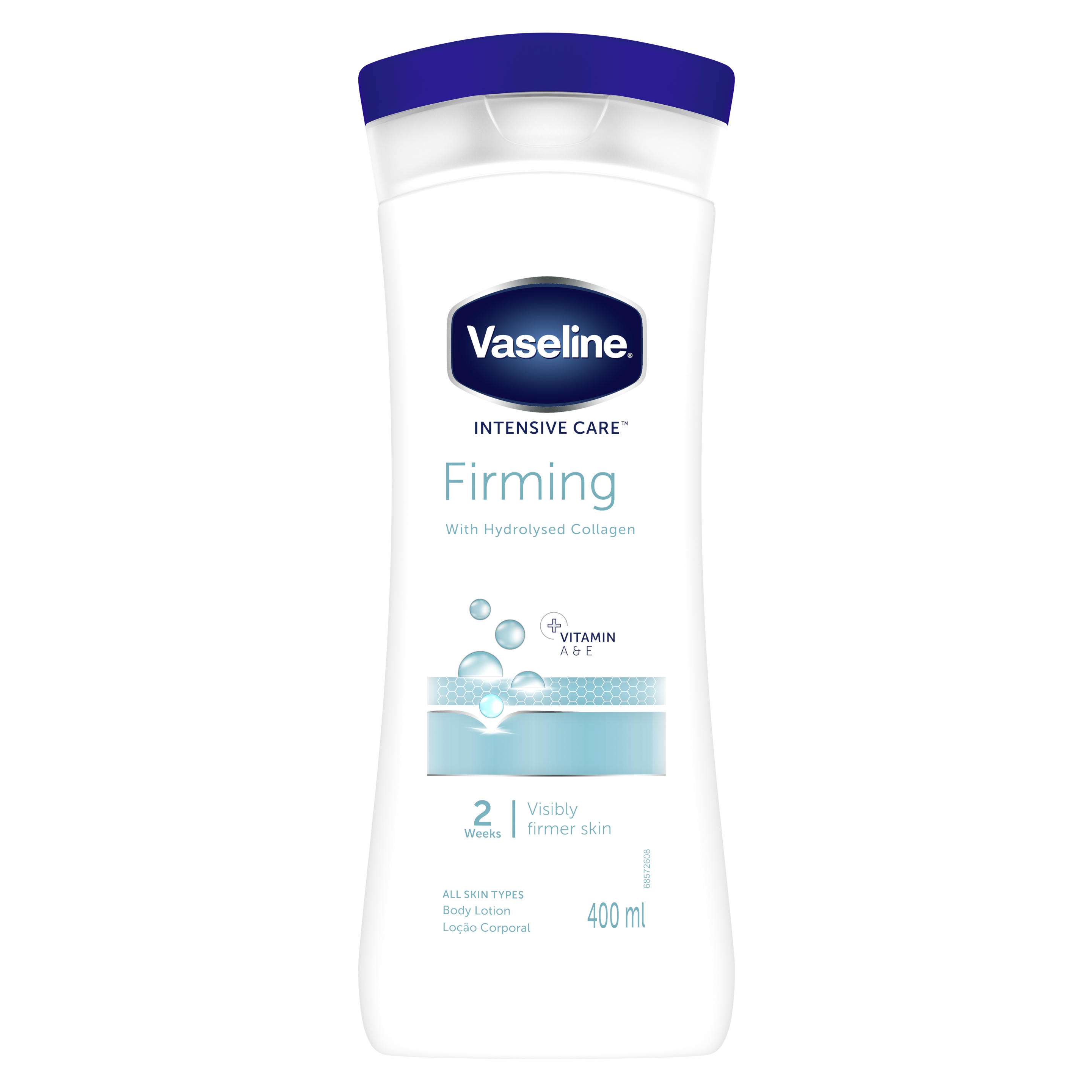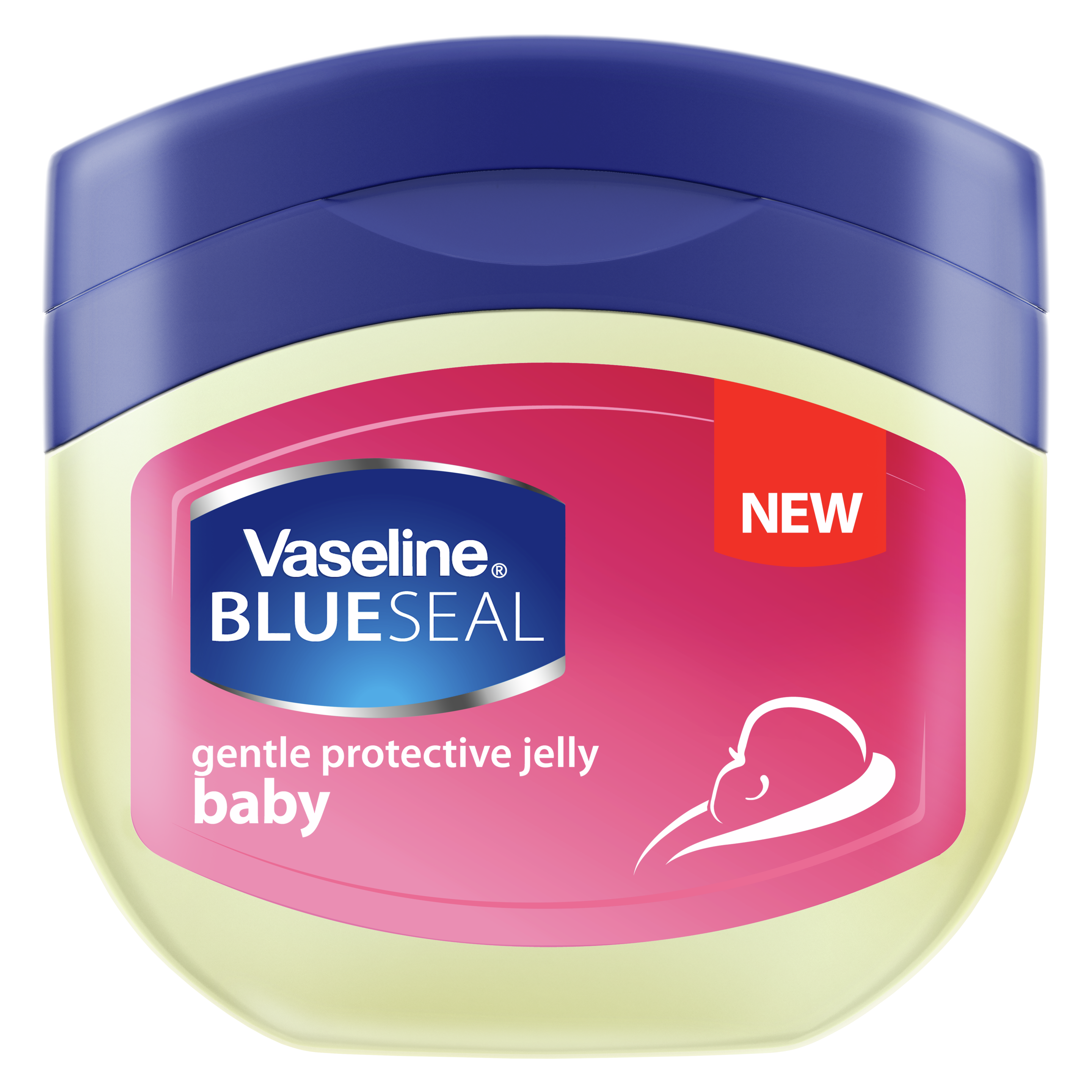Skip to content
Dry, itchy skin is common in menopause: find out how to treat skin and avoid discomfort.
Starting menopause can be a challenging time. But with the right information, you can help make it easier – for you and your skin.
1. What is Menopause?
Menopause is part of the natural aging process. Caused by changes in hormones, menopause means an eventual decline in periods, with symptoms including hot flashes and difficulty sleeping. It marks a new time in your life, which brings changes to your body. Everyone has a different experience with menopause, and it can take time to adapt. A key thing to know, however, is there has never been a better time to access menopause research, information, and help.
2. Menopause and Your Skin
Many women find their skin becomes drier and itchier when they reach their forties and fifties. Very few women link this dryness to the menopause, despite research showing that skin changes during menopause.Of all older women’s dermatological conditions, dry skin is one of the most common. A recent survey of 3,875 postmenopausal women over 40 showed that 36.2% suffered from dry skin.Menopause can cause the aging process to speed up, as hormonal shifts cause noticeable changes to the structure and performance of skin cells. These changes can cause the skin to thin, lose its elasticity and impair its ability to repair itself.
3. Menopause and Itchy, Dry Skin
Menopause occurs as a woman’s level of estrogen production declines. As well as controlling menstruation, estrogen plays a key role in preventing dry skin by stimulating oils and collagen that help maintain skin health and density.The decrease of estrogen and sudden changes to your body’s hormones means that both collagen and oil production slows down. The collagen protein helps skin stay smooth. As there are now decreased amounts, skin becomes slacker, causing wrinkles. The decline in oil production means your body won’t retain moisture as well, causing dry, itchy skin.You may notice your skin feeling drier in winter, as there are lower humidity levels.
4. Signs and Symptoms of Dry Skin
Dry skin often looks dull or red, and can feel sore or rough to the touch. Each woman will experience different extremities of dryness. One woman may only notice dry skin in colder temperatures, whereas another could experience harsh dry skin all year round.
Unfortunately, dry skin doesn’t start and stop with rough-feeling skin. If you experience the below symptoms, it could be a result of dry skin. Symptoms include:
• Not moisturizing your feet regularly
• Tight skin after showering or swimming
• Flaky or peeling skin
• Cracks appearing on your hands and feet (severe cracks could be deeper and bleed)
• Itchy skin (pruritus)
• If you have a dark skin tone, you could notice gray or ashy tones to your skin
5. Can menopausal dry skin cause acne?
Skin problems during menopause aren’t only limited to dry skin. Women going through menopause can also experience an outbreak of acne around the lower parts of the face. Many people think that acne is a condition left in the past with puberty. This is no longer the case during menopause, due to the hormonal changes. Menopausal dry skin may exacerbate acne. Dry skin prevents cell membranes’ ‘lipid bilayer’ from blocking bacteria, causing skin cells to build up on the surface. This build-up of dead skin cells on the surface can also trap acne-causing bacteria on the skin. Dry skin associated with menopause can actually trigger acne flare-ups on the body and face.
6. Skin problems during menopause aren’t only limited to dry skin.
Women going through menopause can also experience an outbreak of acne around the lower parts of the face. Many people think that acne is a condition left in the past with puberty. This is no longer the case during menopause, due to the hormonal changes. Menopausal dry skin may exacerbate acne. Dry skin prevents cell membranes’ ‘lipid bilayer’ from blocking bacteria, causing skin cells to build up on the surface. This build-up of dead skin cells on the surface can also trap acne-causing bacteria on the skin. Dry skin associated with menopause can actually trigger acne flare-ups on the body and face.
7. How to Soothe Dry, Itchy Menopausal Skin
You don’t have to suffer from skin changes during menopause forever. There are different methods to soothe your dry, itchy skin and restore the moisture your skin craves.
• Avoid Hot Showers - Very hot water will strip your skin of moisture. Instead, shower or bathe in warm water for a short amount of time (five or ten minutes) to keep your skin nourished and moisturized.
• Wear Gloves - Your hands get drier than the rest of your body, as they are more exposed to the environment. To ease dry skin on your hands, wear gloves outside in the winter to protect from the cold weather. The chemicals from cleaning products or hot water in the skin will dry out your hands, so wear rubber gloves.
• Wear Sunscreen - It doesn’t matter the season, sunscreen should always be part of your skincare routine. The winter sun will still damage your skin. To combat this, wear a daily moisturizing lotion with SPF or – if you’re planning to be in the sun – add a broad spectrum sunscreen with SPF between 30 and 50. Put your sunscreen on 30 minutes before heading outdoors.
• Moisturize Damp Skin - To keep the moisture locked in, apply lotions and creams when your skin is damp. When you get out of the shower, gently towel dry your skin (leaving it slightly wet). Then apply your face and body moisturizer, locking in moisture.
• Use Oatmeal - For centuries, oatmeal has been used to combat dry skin. Oats contain chemicals called avenanthramides that may reduce the redness and help the inflammation caused by overly dry skin. Add ground up oats to your bath and soak for 15 minutes.
• Vaseline® Mature Skin Rejuvenation - Vaseline® Mature Skin Rejuvenation Healing Moisture Lotion is designed to moisturize to soothe and calm dry, itchy skin associated with menopause. Containing micro-droplets of Vaseline® Jelly, the unique formulation moisturizes to relieve dry, itching skin associated with menopause. Vaseline® Mature Skin Rejuvenation is designed to cater to the skincare needs of mature women.
Vaseline® Mature Skin Rejuvenation has long lasting, effects; your skin will feel softer and smoother.
8. Prevent Dry Skin Problems During Menopause
One of the main causes of dry skin is hormonal change that occurs during menopause. These changes can’t be reversed, therefore completely avoiding dry skin throughout your menopause may prove difficult. However, you can help to prevent deep cracks and ease the itching.
• Switch to a Gentle Cleanser - Ordinary soaps with strong perfume can be harsh and dry out your skin. Instead, opt for a cleanser that is gentle on your skin.
• Invest in a Humidifier - A humidifier will add moisture to the air. During the winter months this will keep your skin fresher and dewier.
• Opt for Natural Fibers - Clothes made from cotton and breathable fabrics may also really help your skin. Heavier materials such as wool, or synthetic material (polyester) can scratch at your skin, increasing the itching.
9. Reassess Your Skincare Routine During Menopause
While your skin may experience some dryness during menopause, it simply means it’s time to reevaluate your skincare routine. Vaseline® Mature Skin Rejuvenation provides long-lasting moisturization to transform your skin from dry and depleted to healed and balanced.
Expert Advice
The advice in this article does not constitute medical advice, it is solely available for information purposes.
RELATED PRODUCTS
- slide 1
- slide 2
- slide 3
- slide 4
- slide 5
- slide 6
